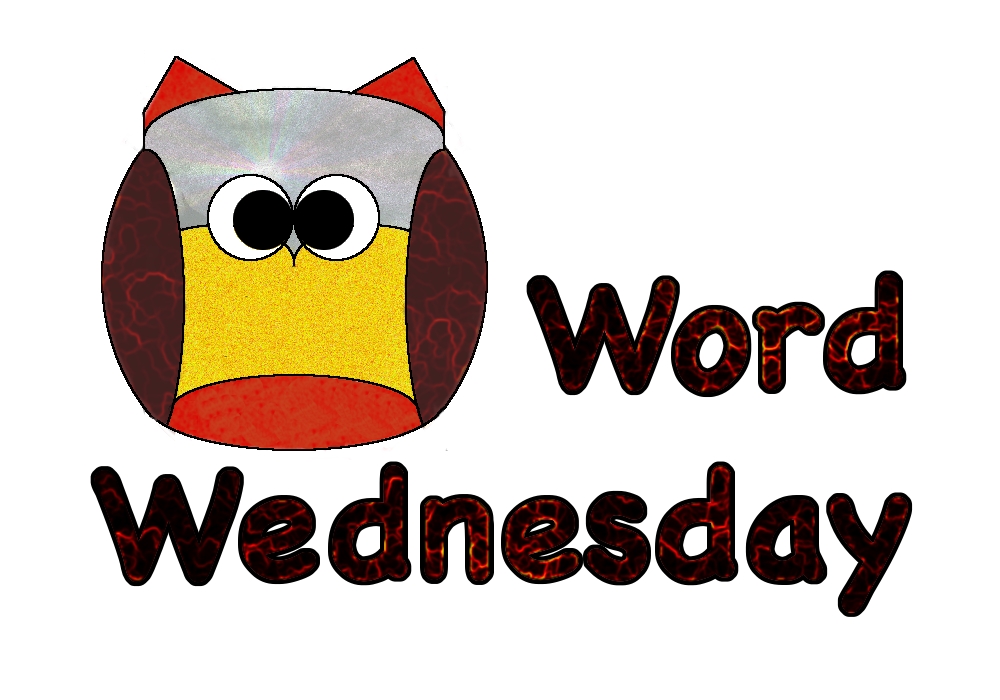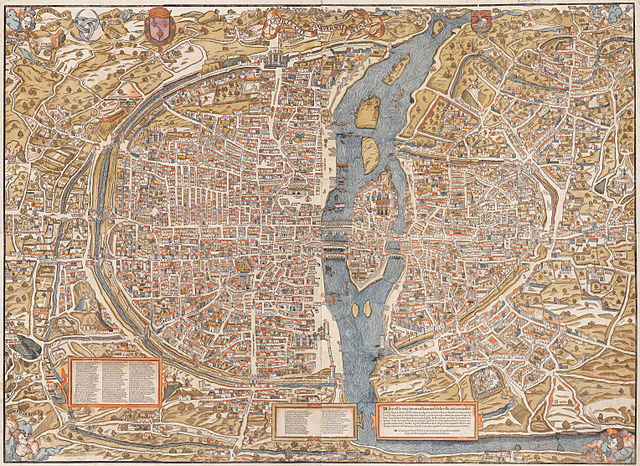 Learning new words and being able to find the word that means exactly what the story needs can mean the difference between a mediocre story and a brilliant one.
Learning new words and being able to find the word that means exactly what the story needs can mean the difference between a mediocre story and a brilliant one.
On Wednesdays we will identify an unusual word, provide its definition, and discuss its application or its impact.
As I was reading the other night, my finger accidentally brushed over the word “utterly,” and the result was this very late post. It turns out that the word “utter” comes from two different sources depending on whether you use it as an adjective or a verb.
As an adjective, “utter” means
- Complete, total, or absolute
- Unconditional or unqualified
This usage originates from a Middle English word for “outer,” which suggests to me an “out-of-this-world” feeling, but probably which ties back to a castle or a town from that time period, surrounded by an “outer” ring road that encompassed the whole town, as shown in this map of medieval Paris.
As a verb, “utter” means
- To express with a sound, whether it’s words or sighs
- To express in written words or publish
- To put money (often counterfeit) into circulation
This usage of the word originates from a different Middle English word for “declaring.”
While they both stem from Middle English, the different meanings of “utter” have utterly different roots.

Might there be, then, a link between utter (as an adjective) and outré?
It sounds very likely. I’ll try to track it down.